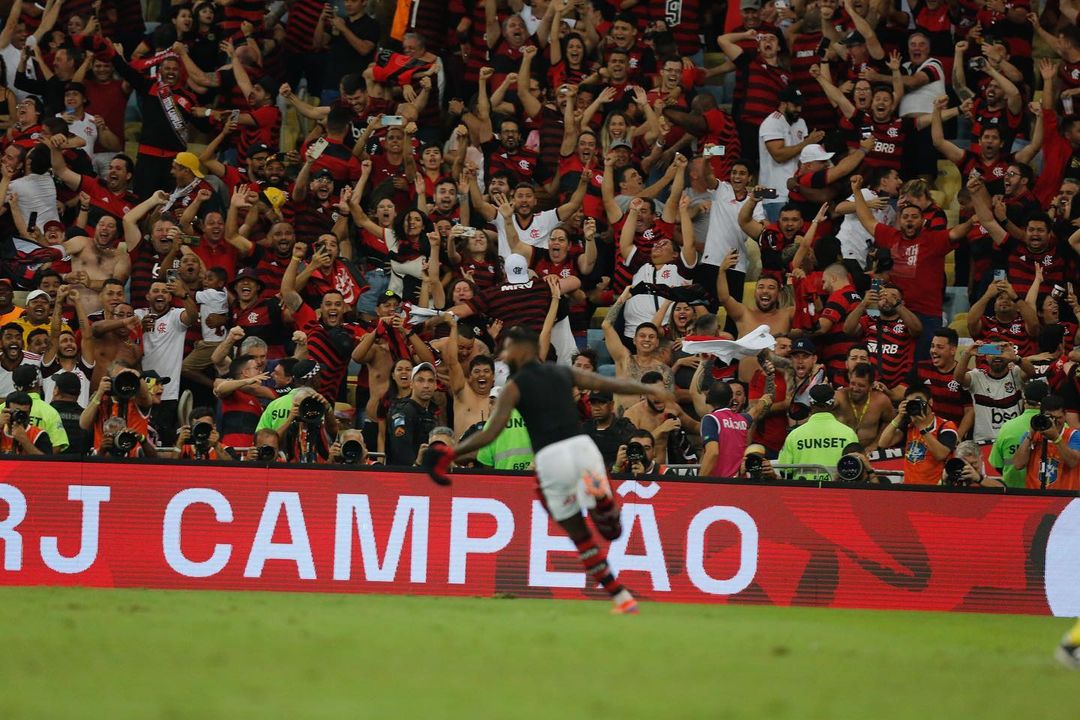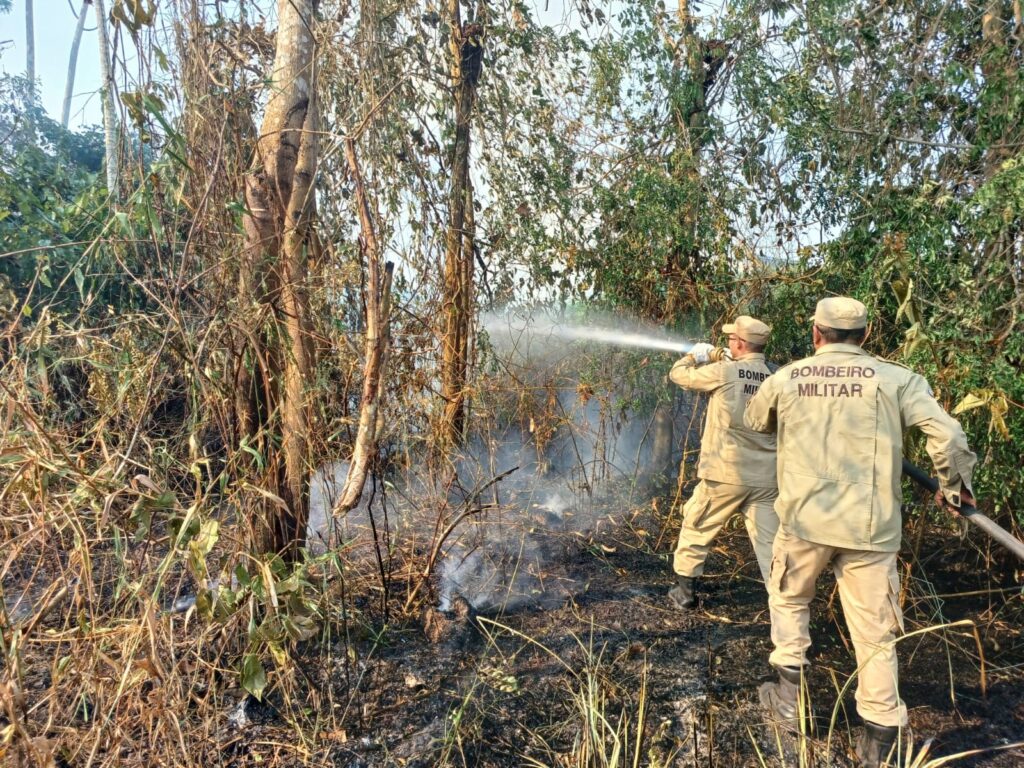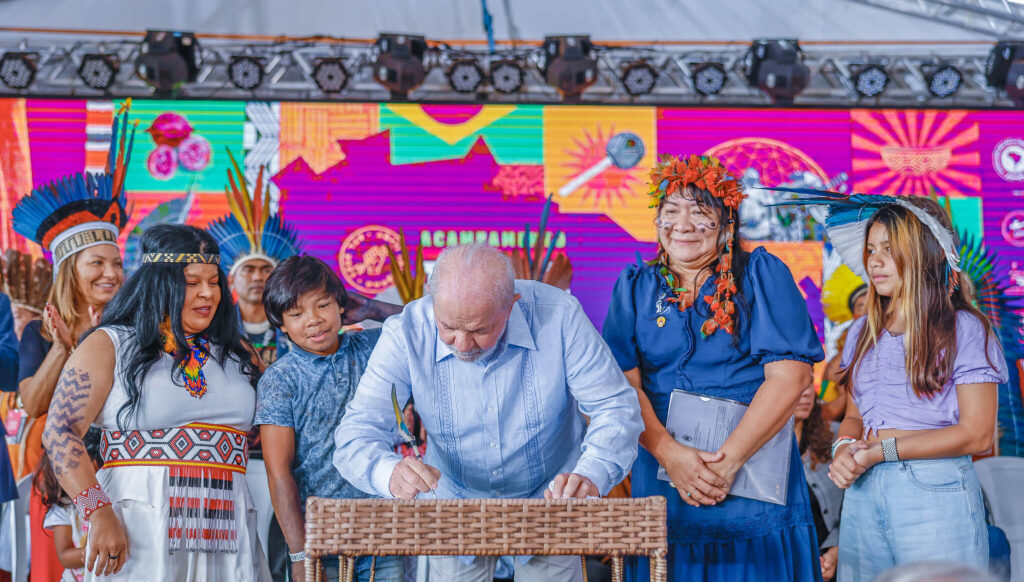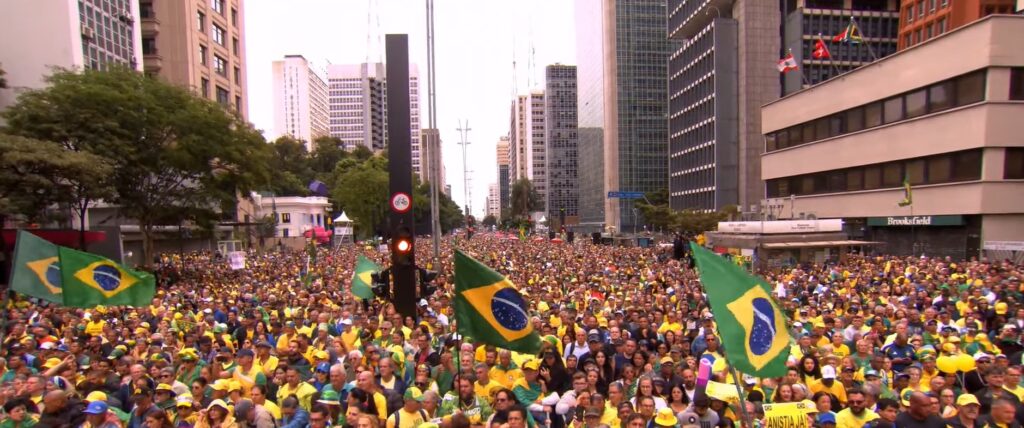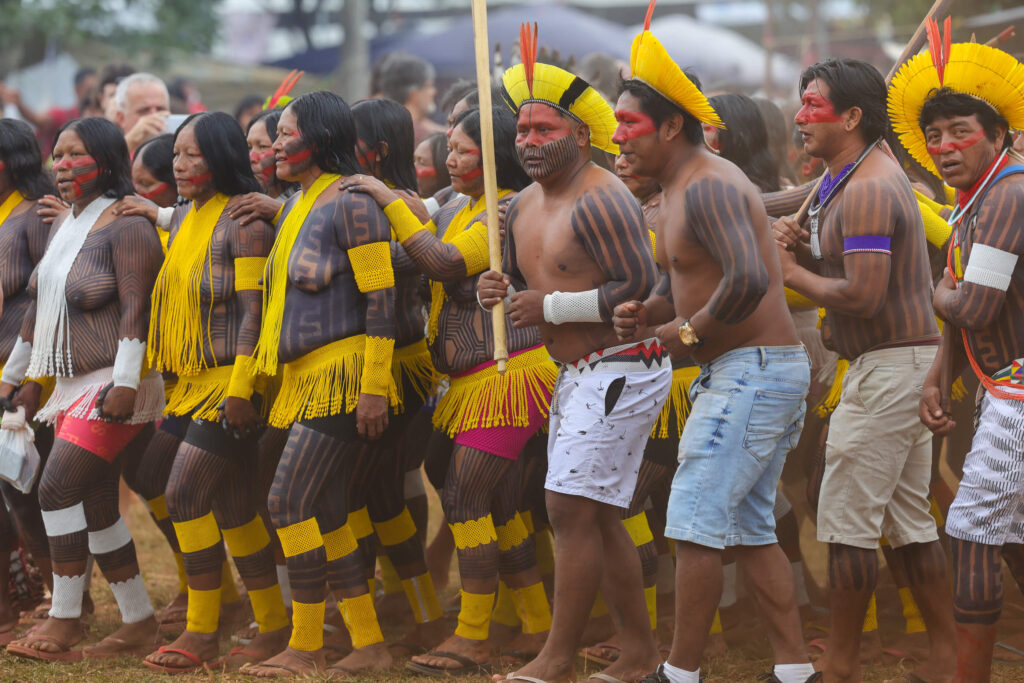São Paulo, Brazil – The Brazilian Football Confederation (CBF) has taken a major step in the fight to eradicate racism from soccer in the country. The institution responsible for managing the sport in Brazil has included in its new general regulations for competitions measures that it could sanction clubs for acts of discrimination committed by their athletes, officials, employees, and even fans.
This is the first concrete action taken by an association that manages the sport in a country.
Among the measures announced, teams could be fined up to R$ 500,000 (USD $97,000), and even lose points on the leaderboard of the tournament where the case of racism is identified.
Brazil’s Sports Justice, a judicial body that rules on cases involving sport in the country, will determine the number of points deducted for each case.
“The fight against racism is urgent,” said CBF President Ednaldo Rodrigues. “Measures have been discussed for centuries and never put into practice. The CBF is doing its part. We have decided to further advance in the sanctions and we can even deduct points from a club in one of our competitions.”
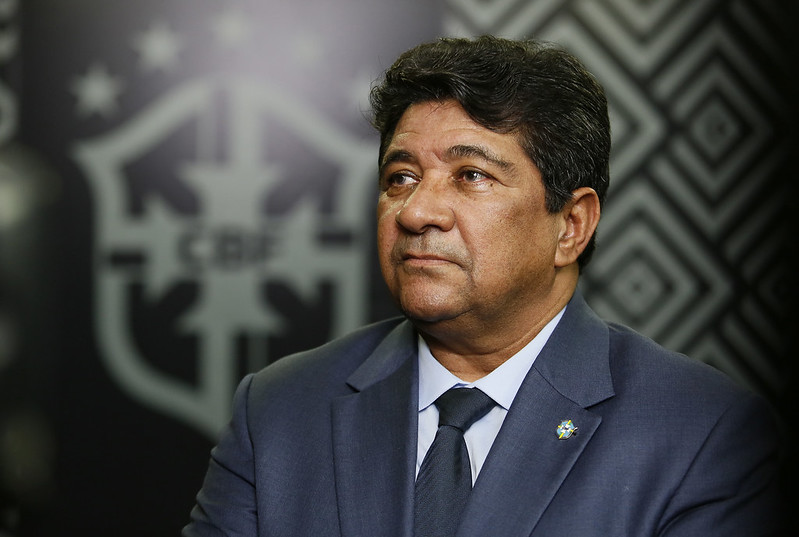
Data from the Observatory of Racial Discrimination in Football shows that in recent years there has been an explosion of racism related to sports in Brazil.
In 2014, when the analysis began, 25 incidents were reported. The following year, cases rose to 36 and reached their peak in 2019, when there were 70 denouncements. In 2020, the Covid-19 pandemic forced sports activities to be suspended for a few months and cases dropped to 31. But in 2021, they shot back up, reaching 64 reported incidents. The 2022 report has not yet been released, but the observatory has already recorded more than 80 complaints.
One of the most emblematic cases of racism in Brazilian soccer occurred in 2014, in the city of Porto Alegre, Rio Grande do Sul. During a match in the round of 16 of the Copa do Brasil, played between visitors Santos and home side Grêmio, the Santos goalkeeper, Aranha, suffered racist attacks by Grêmio fans. The game was being broadcasted nationwide on television and the cameras captured the exact moment when the athlete was called a “monkey.”
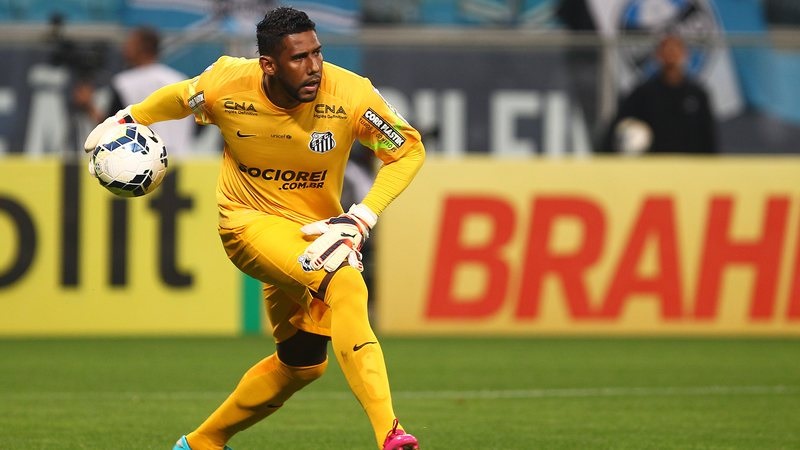
The episode ended up in the Sports Justice system of Brazil, which made the unprecedented decision to eliminate Grêmio from the competition due to the behavior of its fans.
In the criminal sphere, the case also had repercussions. Four fans were prosecuted for racial slurs and were banned from attending the team’s matches for a year. Before being judged, they reached an agreement with goalkeeper Aranha, and the case was dismissed.
In Brazil, the crime of racism was enshrined into law in 1989. According to the law, discriminatory and prejudiced conduct directed at a group or collectivity is illegal. And a racial slur, on the other hand, is associated with name-calling and offenses with the aim of attacking the honor of a specific individual, as in the case of goalkeeper Aranha, for example.
Saying racial slurs was not typified by law, but last month, President Luiz Inácio Lula da Silva sanctioned a law equating using racial slurs to the crime of racism. Now, using racial slurs is considered a crime of racism, non-prescribable and non-bailable, and punishable by three to five years in prison and a fine.
“In addition to sports sanctions, any act of racism or discrimination will also be forwarded to the Public Prosecutor’s Office and the police authorities so the process does not remain only in the sports sphere. This way the offenders are also punished by the law,” said CBF President Rodrigues.


